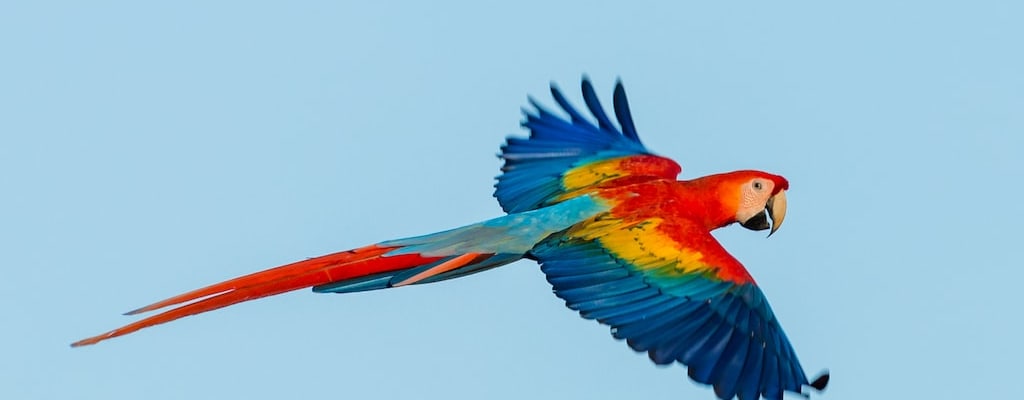oof-bird: Idiom Meaning and Origin
What does ‘oof-bird’ mean?
The idiom oof-bird refers to a person who frequently makes mistakes or fails at tasks. It emphasizes clumsiness or ineptitude, often used playfully or sarcastically.

Idiom Explorer
The idiom "slip-up" refers to a mistake or an error made by someone, often unintentionally. It implies a momentary lapse in judgement or a failure to execute a task correctly.
The idiom "one's bark is worse than one's bite" means that someone may sound or appear threatening, but they are not actually as dangerous or harmful as they seem.
The idiom "old fart" is a colloquial expression used to describe an elderly person who is perceived as being grumpy, curmudgeonly, or stuck in their ways.
The idiom "oh my" is an expression of surprise or shock, often used in a humorous or exaggerated way. It conveys a sense of astonishment or disbelief in response to something unexpected or extraordinary.
The idiom "off one's game" means to be performing below one's usual level of skill or ability. It suggests a temporary decline in performance or a lack of focus, often used in sports but can be applied to any situation requiring skill or expertise.
The idiom "off-kilter" means something that is unbalanced or not quite right. It refers to a situation or a person that is slightly odd or out of sync. It can also describe something that is askew or not in its proper place.
The idiom *odd fish* refers to a person who is unusual or eccentric in their behavior or appearance.
The idiom "odd duck" refers to a person who is strange, eccentric, or unconventional compared to others. They stand out in a peculiar way and are often seen as different or unusual.
Untangling Enigmatic Origins
The idiom "oof-bird" is not widely used in contemporary American English and has a relatively obscure origin. Its etymology lacks concrete evidence and remains vague. Speculation suggests that "oof-bird" may have emerged in the early 19th century, possibly in New England or another region of the United States. The colloquial expression may refer to a person or thing that is burdensome or troublesome, although limited evidence makes this interpretation speculative.
Some sources suggest a connection between "oof-bird" and the word "oof," which was used in the late 1800s and early 1900s to describe money or wealth. This leads to the possibility that the idiom was coined to describe someone who drains or consumes wealth. However, this connection lacks solid evidence.
The interpretation and metaphoric implications of the idiom "oof-bird" are worth considering, even in the absence of concrete information. The term evokes an image of a weighty or burdensome creature, implying that the person or thing being referred to is similarly burdensome or problematic. Additionally, the use of the word "bird" suggests movement or flight, which may imply a fleeting or transient quality to the burden represented by the idiom.
The obscurity and limited usage of the idiom "oof-bird" add to its intrigue. It showcases the complexity and diversity of idiomatic expressions within the English language and the challenges in discovering their origins. The ambiguous nature of "oof-bird" permits speculation and interpretation, allowing the idiom to exist as a linguistic enigma that may never be fully unraveled.
The idiom "oof-bird" shares some similarities to other idiomatic expressions, such as "feathered oof-bird," "butterfingers," "foul up," and "fall on one's face." While these idioms may differ in their literal meanings, they all convey a sense of clumsiness or making a mistake.
When we think of a "feathered oof-bird," we envision a creature that is not only burdensome or problematic but also lacks the grace and coordination we typically associate with birds. Similar to "oof-bird," this expression implies that the person or thing being referred to is both troublesome and inept.
"Butterfingers" is another idiom that captures a similar sense of clumsiness. It refers to someone who frequently drops or fails to catch objects. This idiomatic expression emphasizes a lack of dexterity or coordination, highlighting the person's tendency to fumble or mishandle things.
"Foul up" is yet another idiom that aligns with the concept of making a mistake or causing something to go wrong. Similar to "oof-bird," this expression implies that the person being referred to has caused a problem or mishap. However, "foul up" adds a connotation of misjudgment or inappropriate actions leading to the unfavorable outcome.
Finally, we have the idiom "fall on one's face," which also conveys a sense of failure or embarrassment. This expression suggests that a person's attempt at something has resulted in a literal or metaphorical fall, with negative consequences. Like "oof-bird" and the other idioms mentioned, it highlights the notion of clumsiness or making a mistake.
While these idioms differ in specific meanings and nuances, they all relate to the broader theme of clumsiness, mistakes, or failures. In their own unique ways, they capture the challenges and vulnerabilities of being human, reminding us that we all have our "oof-bird" moments when things don't go as planned.
Example usage
Examples of how the idiom "oof-bird" can be used in a sentence:
- The poor guy got hit by an "oof-bird" when he lost his wallet and then got a flat tire on the same day.
- She had a string of "oof-bird" moments when she spilled coffee on herself, tripped over her own feet, and then forgot her phone at home.
- He felt like an "oof-bird" when he accidentally sent a personal email to his entire office instead of just one colleague.
The idiom "oof-bird" is used to describe a series of unfortunate events or mishaps that happen to a person, often in quick succession. It implies a sense of bad luck or a string of unfortunate circumstances. The term "oof" is an onomatopoeic representation of the sound one might make when experiencing a physical or emotional blow. By combining "oof" with "bird," which suggests a fleeting and unexpected creature, the idiom vividly captures the notion of unexpected misfortune.
More "Avian" idioms



